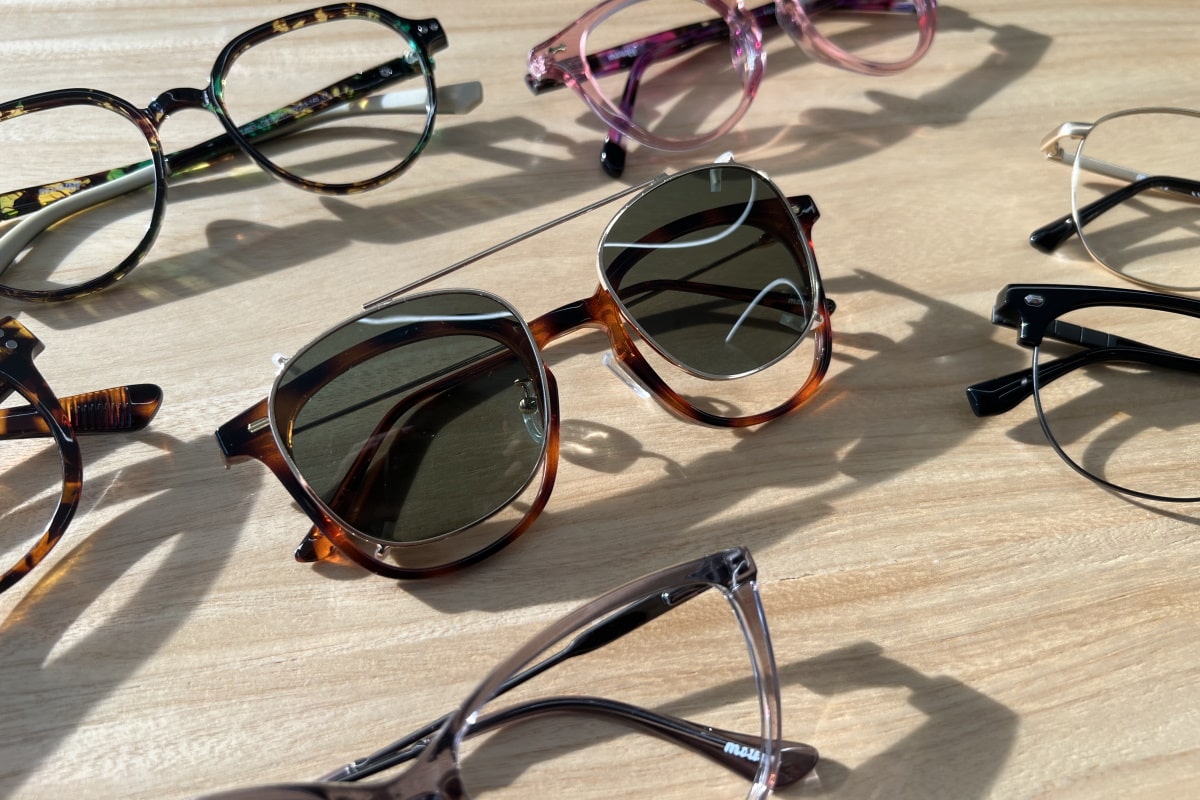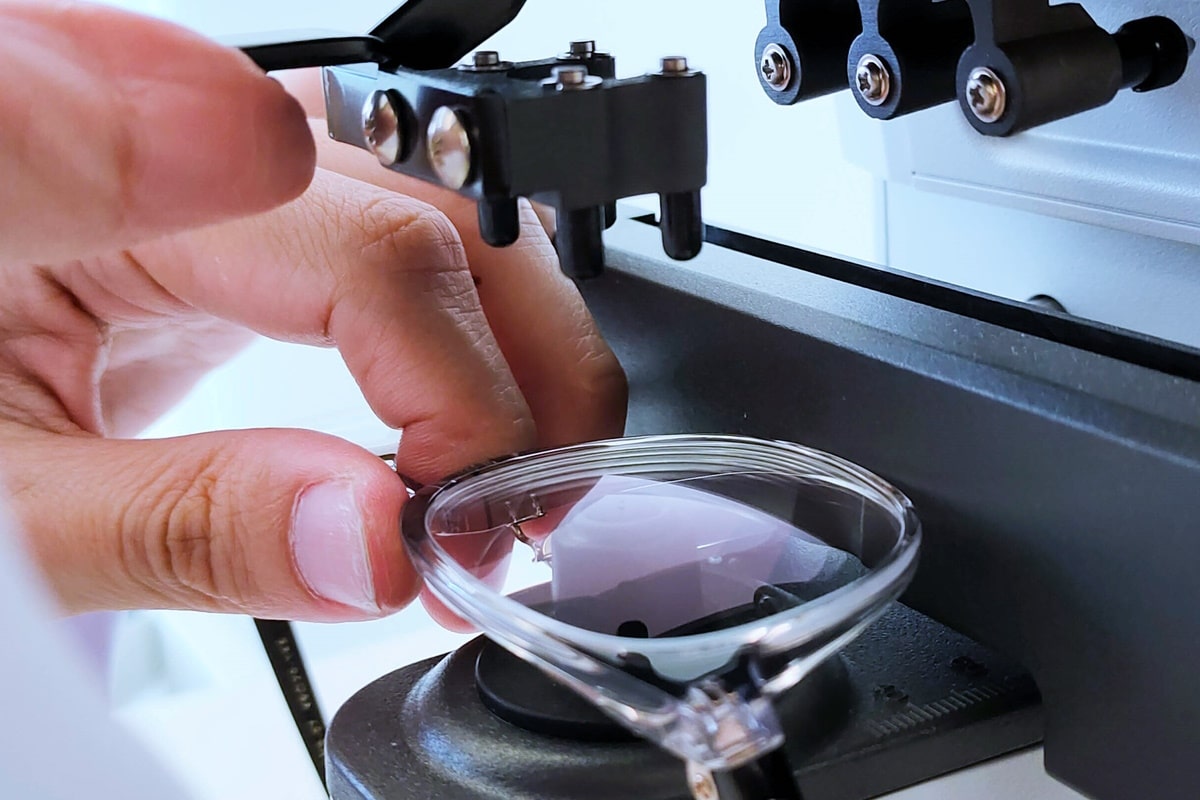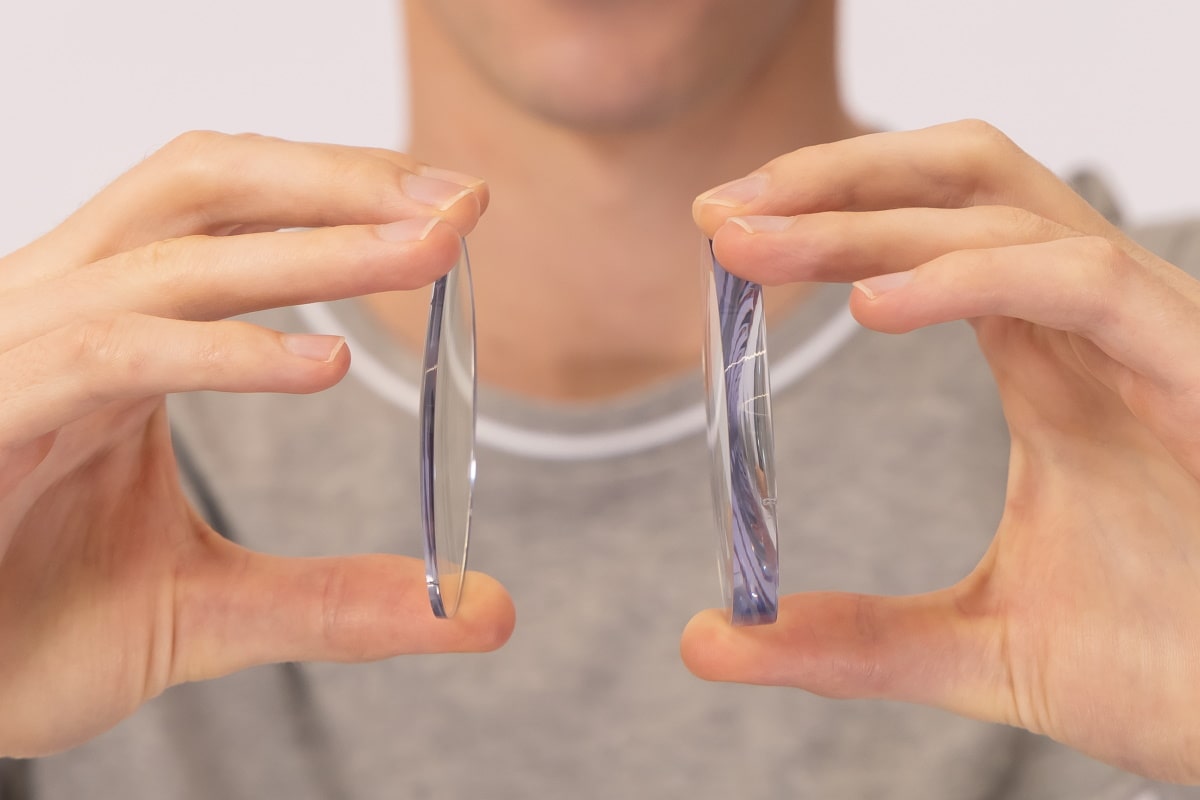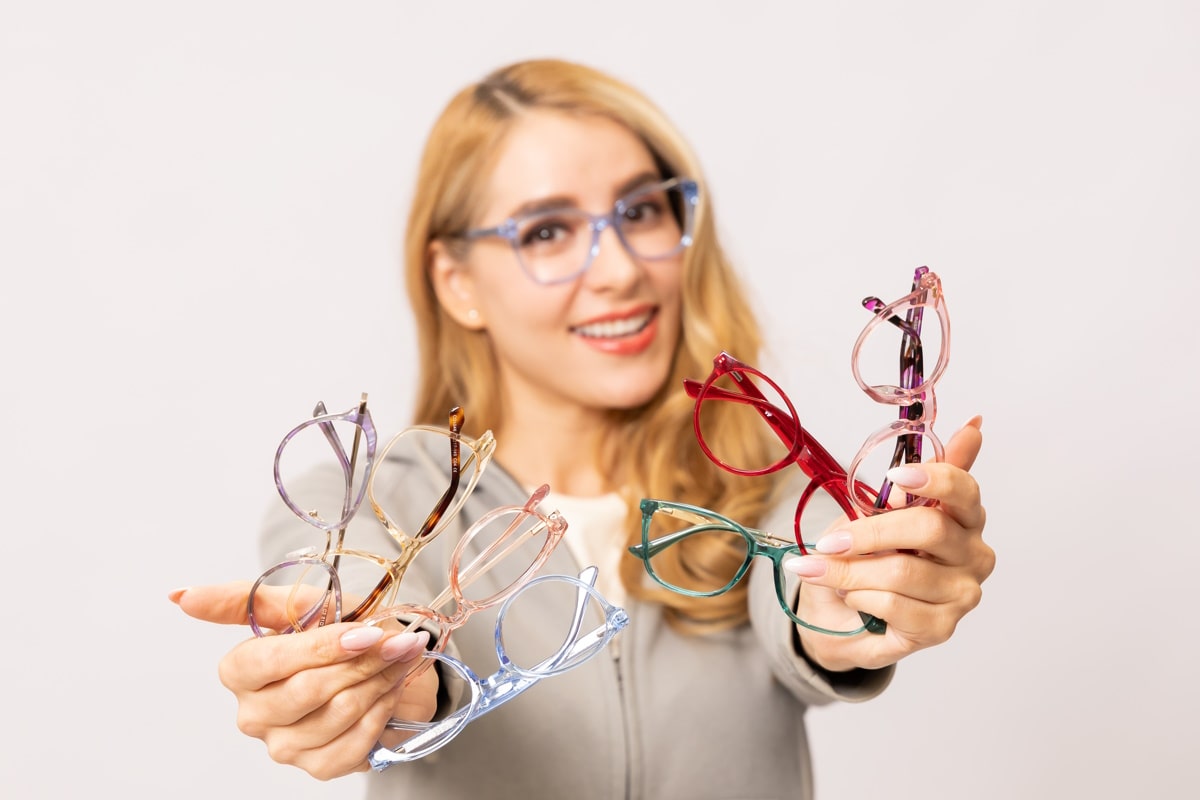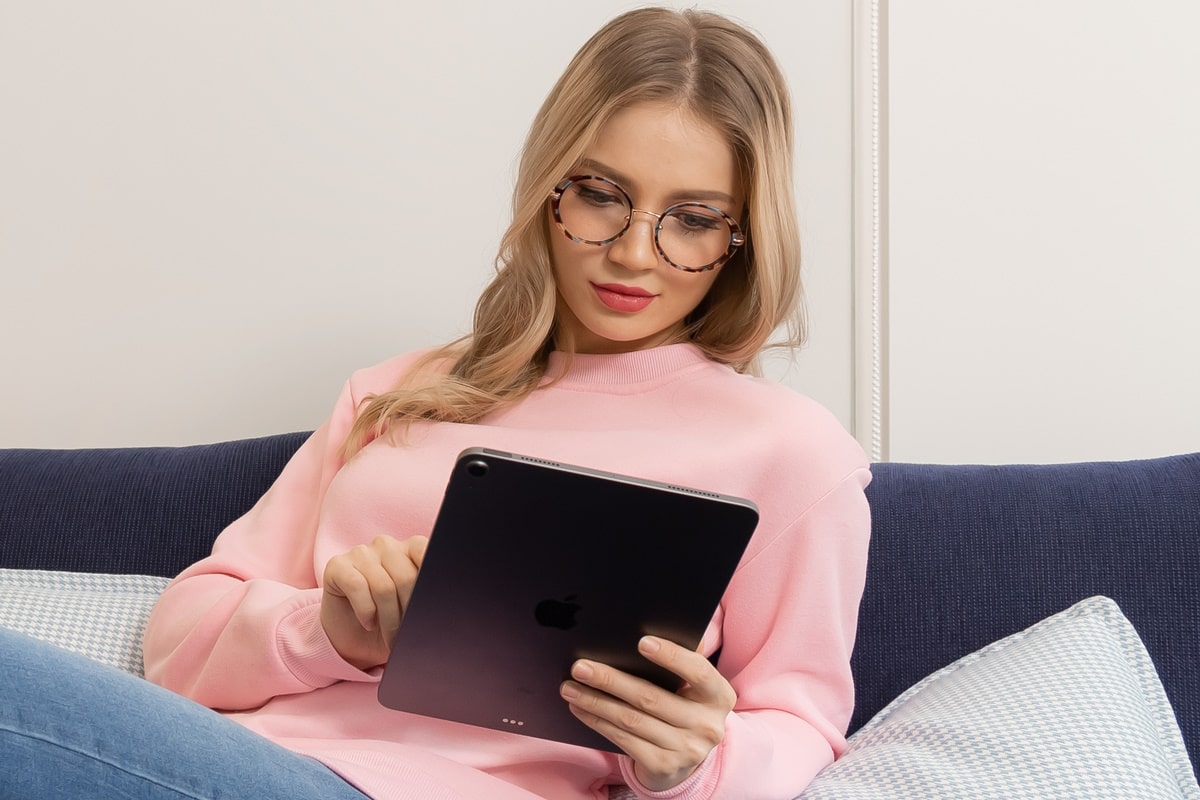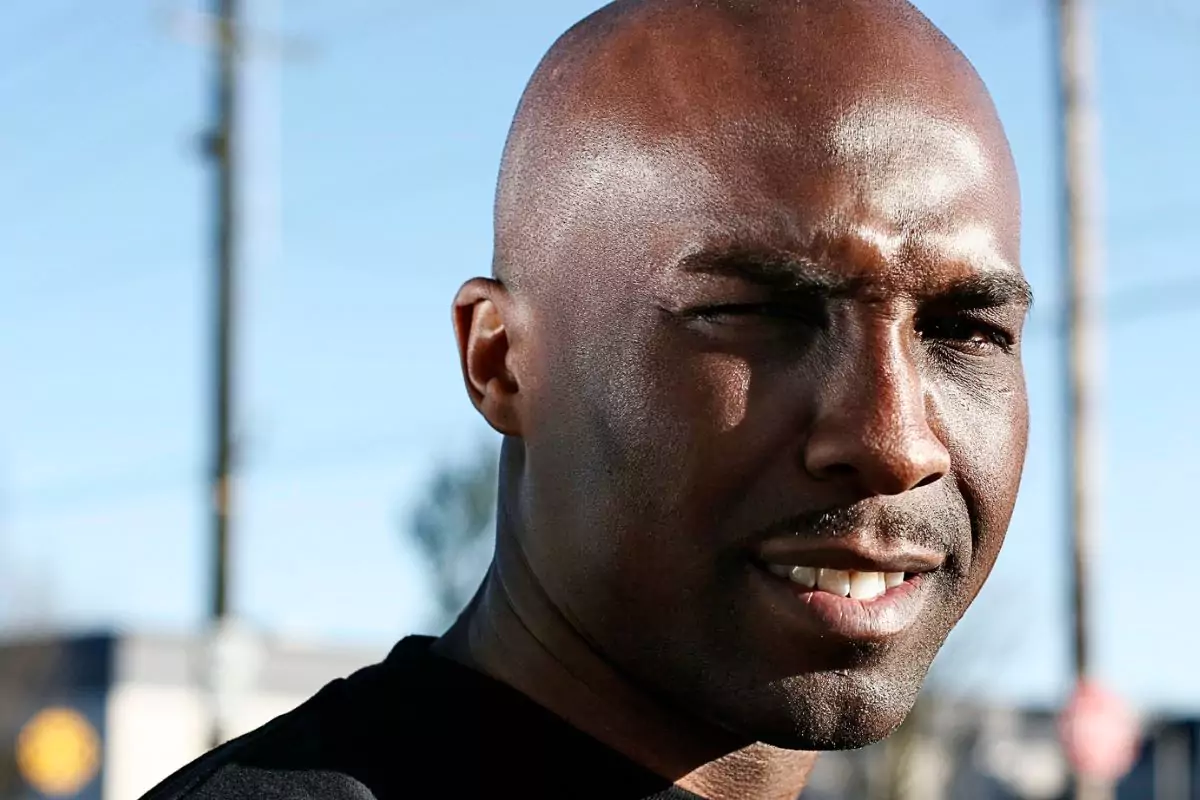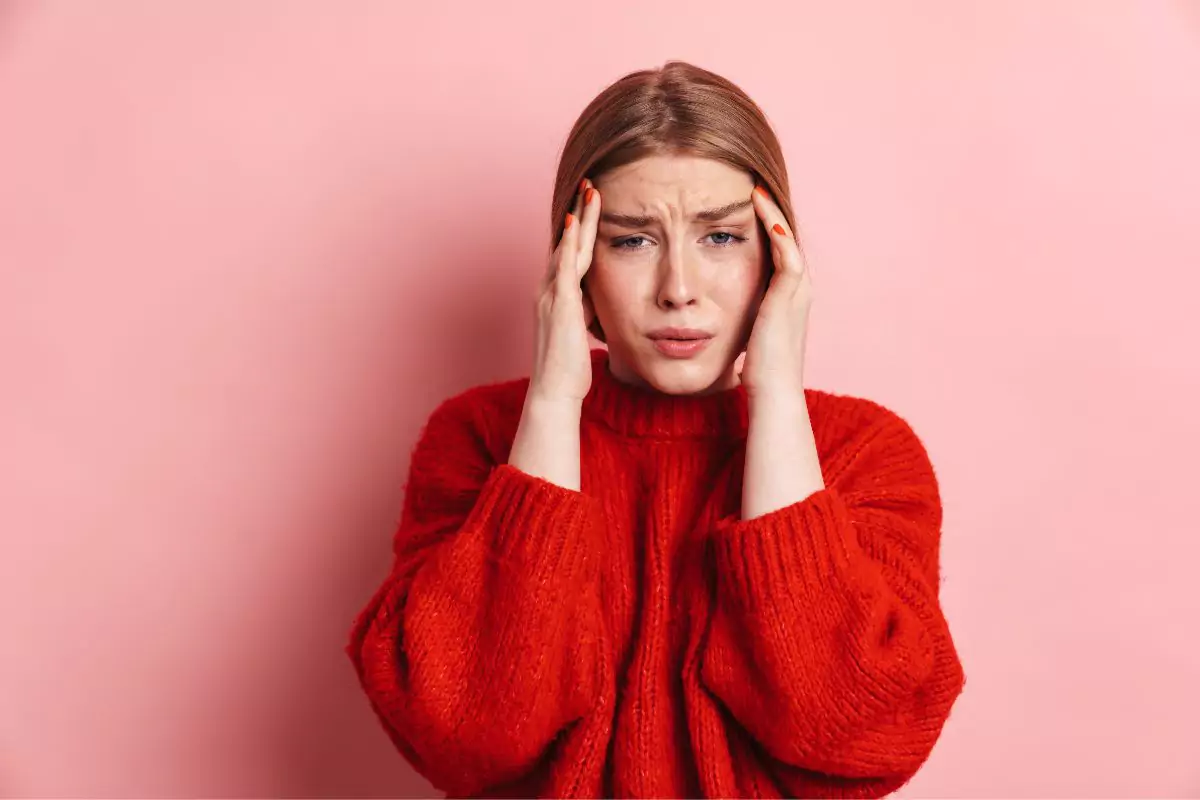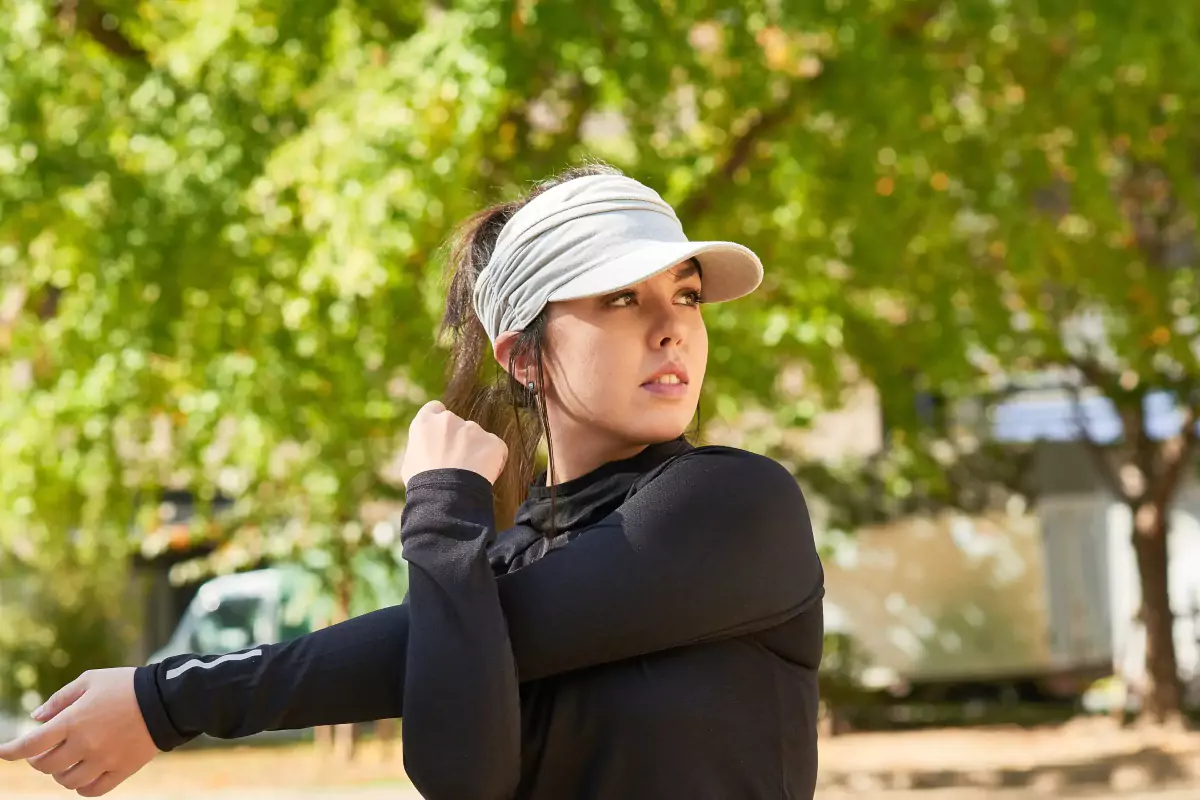What Is Photophobia?
Do you have difficulty opening your eyes when it’s bright outside? Does bright light hurt your eyes? There’s a chance you may have photophobia.
Let’s look into this eye condition, its causes, and how you can manage it.
What experts know about photophobia
Photophobia is a medical condition where the eyes become hypersensitive to bright light. It can cause various symptoms, depending on the severity – for example, forehead pain, irritation of the eyes, watery eyes, and eye pain.
It can make going outside on sunny days uncomfortable, and it can even make indoor activities like using a computer or phone and reading difficult due to having to limit exposure to bright lights.
The exact cause of photophobia is not fully known and can vary from person to person. It can result from an underlying medical condition (such as migraine and conjunctivitis), certain medications (e.g. digoxin, a medicine for heart problems), or a reaction to bright or artificial lights.
Photophobia may even be due to an eye injury or inflammation that increases the sensitivity of the eyes to light.
Some people can find relief by wearing specialized glasses or limiting bright light exposure time. But for those with extreme cases of photophobia, these measures may not be enough to relieve their symptoms.
Can glasses help with photophobia?
It’s always important to first consult an eye doctor if you have photophobia. An eye doctor can accurately diagnose the cause and intensity of photophobia and recommend the best course of action to help manage or treat the condition. Also, they can advise you on what glasses to use to manage the condition better.
Here are some things you should consider when choosing specialized glasses for photophobia:
Your glasses prescription requirements
The proper prescription can make a world of difference in providing relief from the sensitivity to light. It’s crucial to consult an eye care professional and obtain a prescription customized for you (with the severity of your condition, your pupils’ response to light, and your overall vision needs in mind).
With a tailored prescription and your doctor’s recommendations, you can choose specialized glasses that filter out harmful light, improve visual clarity, and provide the necessary visual comfort for your day-to-day activities.
Choice of lens materials and coatings
As with any product, there are different materials and coatings to consider when choosing the right specialized specs for you. Polycarbonate lenses are popular with those with active lifestyles due to their shatter-resistant properties, while glasses with blue light filters are also becoming increasingly popular.
Another coating to consider is the anti-reflective coating, which reduces glare and prevents eye strain. Whatever you decide, the most important thing is finding glasses that suit your needs and lifestyle.
UV protection
Polarized lenses reduce glare and improve vision in bright light conditions. This protection can be helpful for those with photophobia or anyone who spends a lot of time outdoors or in harsh lighting conditions.
Alternatively, transition lenses work by darkening in response to UV rays, meaning you can wear them indoors and outdoors without constantly swapping specs. They’re like a sliding door for your eyes, letting in just the right amount of light whether in a dimly lit room or out in bright sunlight. Plus, they’ll save you the hassle and expense of constantly switching between regular glasses and sunglasses.
How to better manage photophobia
Aside from wearing glasses with specialized lenses, you can also take these steps to help reduce your photophobia symptoms.
Avoid bright or flickering lights to help manage this eye condition. It can be particularly uncomfortable and overwhelming for those with photophobia (which increases the sensitivity of the eyes to light) to see these kinds of lights. You can reduce the discomfort associated with the condition by avoiding these lights.
You can also wear a hat or visor to help deal with photophobia. These types of headwear reduce the amount of light entering directly into the eyes and make it easier for those with eye conditions to be in bright environments. Also, hats and visors can help filter out any harsh light, providing further relief from symptoms associated with photophobia.
Adjusting computer or device settings can help you if you’re photophobic. Reducing the brightness, contrast, and blue light settings on devices can reduce the amount of light entering your eyes. This helps you become more comfortable looking at screens. Furthermore, adjusting device settings can also help reduce glare and reflections that may further cause discomfort if you have photophobia.
Lastly, use natural light sources as much as you can. Natural lighting helps to reduce the amount of direct light entering people’s eyes, making it easier for you to be in bright environments. Additionally, natural light sources such as sunlight are generally softer and filtered than artificial lighting, providing further relief from photophobia symptoms.
You can manage photophobia with some lifestyle changes
Photophobia is a challenging condition, but you can manage it with the proper support and techniques. Regardless of the severity of your situation, it’s essential to speak with a healthcare professional or ophthalmologist to discover the root cause and explore available treatments.
Specialized glasses designed for photophobic individuals may also help reduce symptoms associated with the condition.
For more articles on eye care, visit the Mouqy blog.

Written by:
Phoebe Jade

